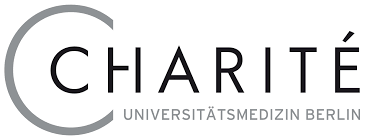
Institute of Microbiology, Infectious Diseases and Immunology
Characterizing innate lymphoid cell homeostasis and function during caloric restriction
Caloric restriction improves chronic inflammatory diseases. Innate lymphocytes (ILC) control tissue inflammation and respond to dietary compounds. However, the role of dietary energy in the regulation of ILC populations remains unclear. Here, I propose to characterize the effect of caloric restriction on ILC homeostasis, trafficking patterns and function. Specifically, I will (1) comprehensively profile ILC populations in blood and tissues in response to caloric restriction using deep mass cytometry. In addition to wild-type mice, I will also include animals with a deficiency for the transcriptional regulator PPARα that will identify effects of the host’s fasting metabolism on ILC homeostasis. Further, I will (2) characterize trafficking patterns of circulating ILC and examine the role of hepatic energy-sensing pathways for relocation of ILC populations during caloric restriction. This requires identification of ILC transcriptional programs on the single cell level as well as in-depth knowledge of chemoattractant profiles in blood and tissue. Finally, I will (3) examine the function of ILC during caloric restriction using paradigmatic infection and inflammation experiments, and determine the role of energy-sensing pathways for ILC-intrinsic functions. Hence, the results from this study will increase our understanding how dietary energy controls ILC homeostasis, trafficking patterns and function and will be instructive in the development of dietary and pharmacological interventions for treatment of chronic inflammatory diseases.